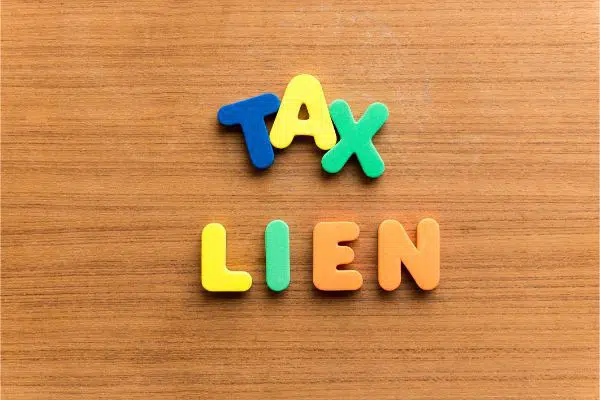Tax lien investing is a potentially lucrative source of income for Arizona real estate investors with some previous investment experience under their belts. For those who are unfamiliar with the process, however, engaging in this form of investment can result in the shouldering of a considerable amount of risk.
What is tax lien investing? Put simply, this form of investing is performed when an investor purchases a tax lien from a municipality that wants to earn the money from at least three years of unpaid taxes on a property, permitting the investor the right to foreclose on the property if the lien (plus interest) continues to go unpaid.
Where does the risk come in? In part, since these liens are often sold at auction, the investor who manages to purchase the lien is most often the one who is willing to accept the lowest interest rate to be paid them—which tends to fall between three to eight percent in Arizona (despite the rate on delinquent taxes paid to a county usually coming in at 16 percent). And this won’t pay off immediately.
The delinquent property owner is given a statutory period of time in which to pay off the taxes plus interest before foreclosure can be initiated—three years from the date of sale.
Besides which, it is most often the case that the tax plus interest is paid off before the redemption date—which means that the amount of money an investor will make on this tax lien purchase is not likely to be very large. And there’s also a non-refundable fee deducted from every lien redemption in Arizona—so if the landowner manages to redeem the lien in the first few months following the sale, the investor could potentially even lose money on the lien purchase.
An investor needs to become familiar with the particular property on which they intend to purchase a lien, the neighborhood in which the property is located, the property values of the area, and the amounts involved in recent tax lien sales. Key to this is doing due diligence—ideally performed as closely in time to the purchase of the lien as possible to ensure up-to-date information.
It’s also the case that tax lien purchases come with responsibilities. Arizona requires a lien investor to notify the property owner and the county treasurer at least 30 days (but not more than 180 days) before filing for foreclosure. So you must be on top of those dates and take action or risk your purchase and foreclosure rights expiring.
A less risky option for engaging in this sort of investing is to invest passively via an institutional investor, preferably one belonging to the National Tax Lien Association. But of course in this situation the individual investor’s potential yields will also be lower.
If you’re looking to invest in the real estate market in Scottsdale or anywhere else in the state of Arizona—either through tax lien investing or in any other way—you’ll need an experienced attorney with strong scruples on your side. Provident Law’s real estate attorneys represent parties on either side of real estate and financing transactions, including buyers, sellers, landlords, tenants, lenders, borrowers, trustees, guarantors, shareholders, partners, and others. We structure, negotiate and document a variety of real estate and financing transactions, such as leases, purchase and sale agreements, loans and development agreements for a variety of commercial and residential projects. Contact us for more details.
Christopher J. Charles is the founder and Managing Partner of Provident Law ®. He is a State Bar Certified Real Estate Specialist and a former “Broker Hotline Attorney” for the Arizona Association of REALTORS ® (the “AAR”). Mr. Charles holds the AV ® Preeminent Rating by the Martindale-Hubbell Peer Review Ratings system which connotes the highest possible rating in both legal ability and ethical standards. He serves as an Arbitrator and Mediator for the AAR regarding real estate disputes; and he served on the State Bar of Arizona’s Civil Jury Instructions Committee where he helped draft the Agency Instructions and the Residential Landlord/Tenant Eviction Jury Instructions.
Christopher is a licensed Real Estate Instructor and he teaches continuing education classes at the Arizona School of Real Estate and Business. He can be reached at Chris@ProvidentLawyers.com or at 480-388-3343.


